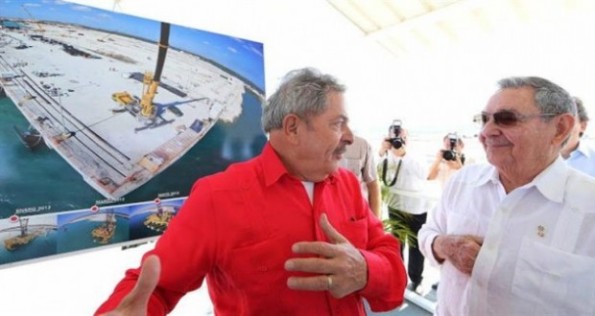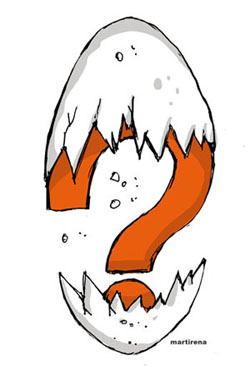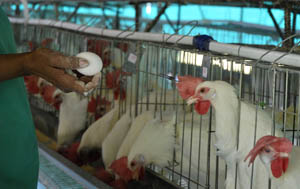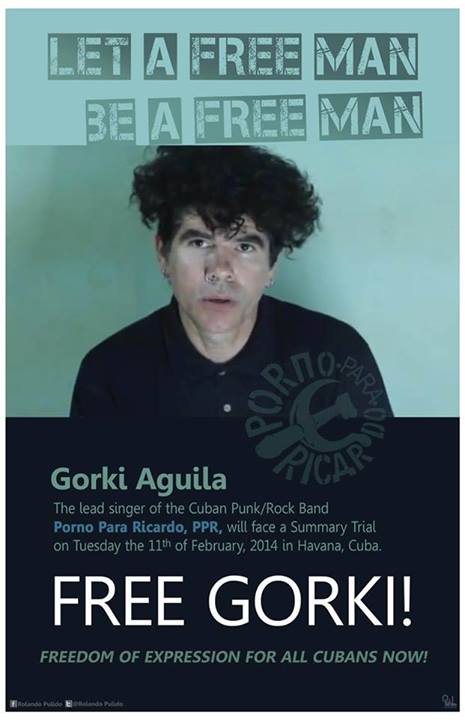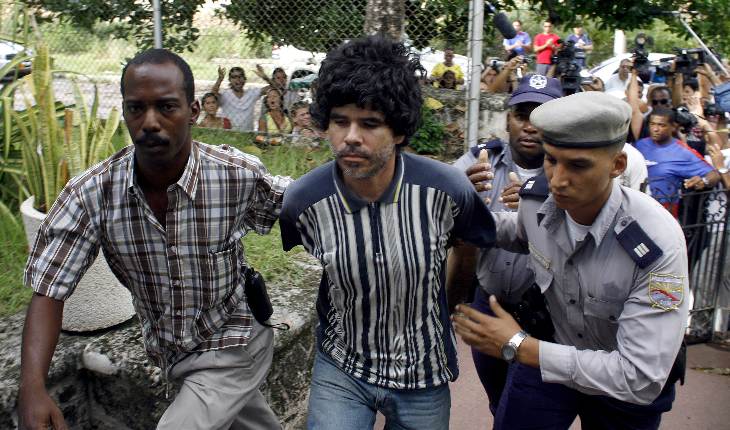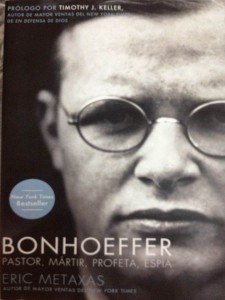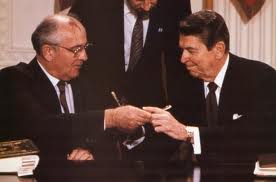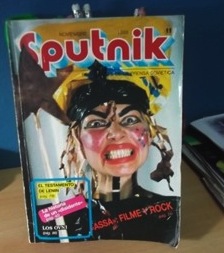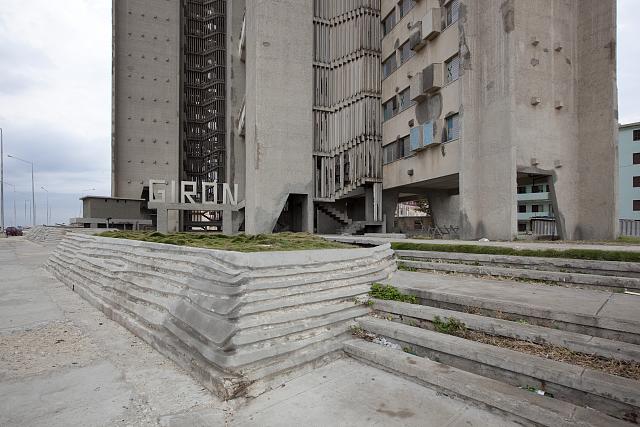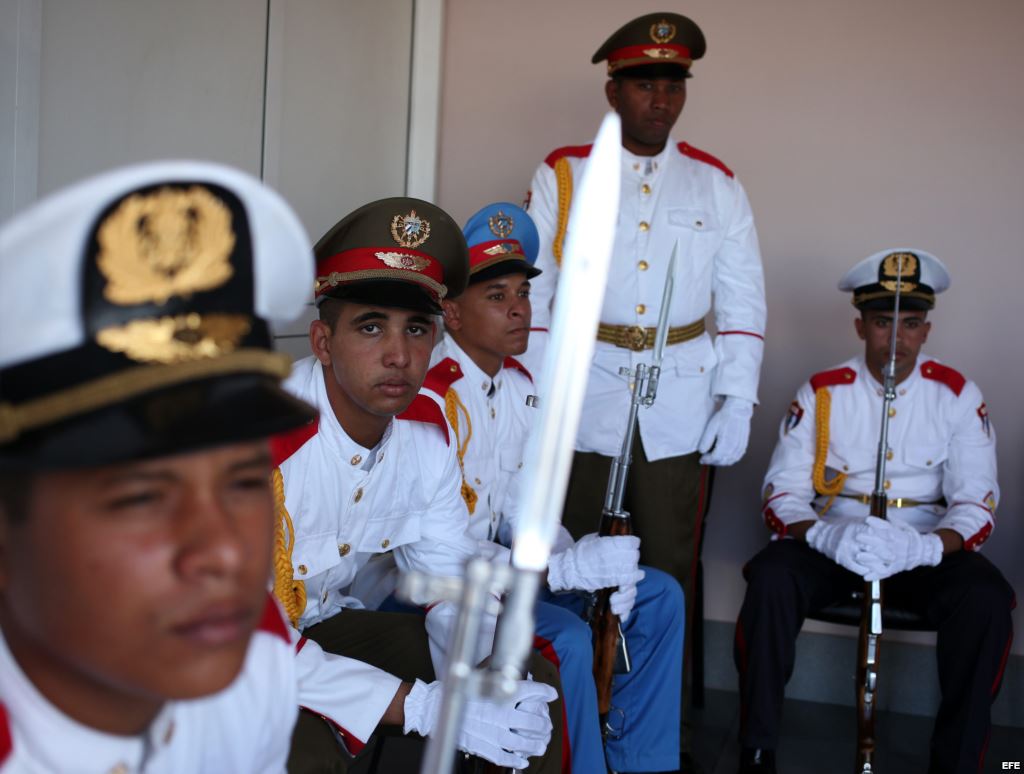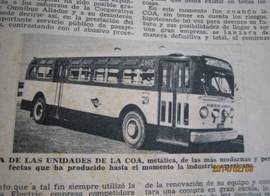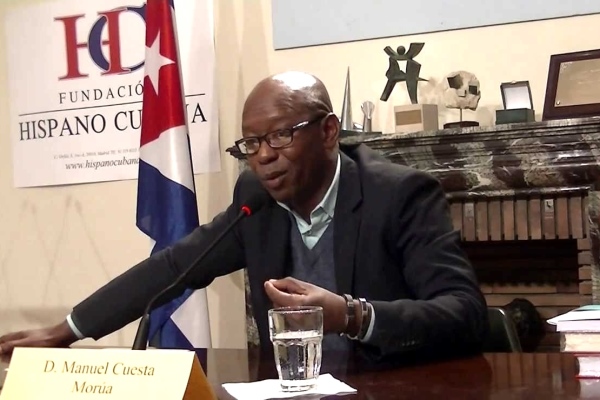How did it occur to us to go to a concert by Pablo Milanes to ask for the liberation of Gorki? That is something that has the trademark of the spontaneous and the haste of that which can not be postponed or thought better of. Ciro, Claudia and I talked about it among ourselves and immediately decided to do it because to organize or arrange actions too much is the fastest way for “them” to find out about it. None of us stopped to think about the repercussions of what would happen, because only he who has something to lose weighs his actions, with the same care that a housewife handles the tins in the market. continue reading
All photos below by: Claudio Fuentes Madan

Thursday before the concert.

Thursday, 28th, 7:30 p.m.
A group, among whom were Ciro, Claudia, Hebert, Emilio and me, met at the Coppelia bus stop to leave for the concert at the Tribuna Antiimperialista [Anti-Imperialist Grandstand]. At this time we were already being followed by some nervous boys of the political police and the police operation was impressive. It was still daylight and Pablo Milanés was singing when we arrived at the Protestómetro [Protest station]. We found a varied set of people there, including many military and some from the international press. For nearly forty minutes we were waiting for reinforcements but in the end we decided to take action without counting on those who were lost in the crowd, or who had never arrived, or who once there had changed their minds. The plan was to display two posters with the name of “Gorki” and to shout his name. That was meant to remind the musicians giving the concert that we had hoped for a pronouncement from them about the arrest of the leader of Porno para Ricardo.
Thursday, 8:35 p.m.
We are in the area to the left of the grandstand, as close to the stage as we can get and away from a group carrying thick sticks with their respective Cuban flags. Polito Ibáñez and Pablo Milanés had just finished singing “La soledad” [Solitude] and a brief pause gave us the opportunity for them to hear our shouts. At the count of one, two and three, Claudia and I displayed the fabric which lasted for just seconds in the air. I remember that we cried out, at least three times, the name of Gorki. People dressed in civilian clothes came out of everywhere and snatched the sheet painted with black spray paint. The women who fell on top of us were hefty ladies pulling our hair and shaking us. The men got the worst of it when the supposed “enraged people” doled out professional karate kicks to neutralize them. I remember the fear on the faces of the spectators who did not expect our action, and also the stampede of those who ran, leaving behind their shoes and the piece of the poster that I was able to keep in my hand. Ciro and Emilio were beaten and dragged into the security area at the side of the grandstand. Claudia managed to escape, as did Hebert, and I got away from a hand that grabbed me while calling for reinforcements. At the same time, a woman friend was arrested in the guest area for writing a paper asking Pablo for a few words of condemnation over the arrest of Gorki. We were never able to display the second sheet.

PLEASE SIGN THE PETITION
Thursday, 8:45 p.m.
The audience close to the incident dispersed and at the corner dozens of policemen began pulling up in trucks. Ciro and Emilio found themselves in the midst of mass of soldiers with batons and well built civilians who hit them repeatedly. Claudia and I met up and decided to leave the grandstand to connect to the internet immediately and relate what happened. The streets of Vedado had never seemed more inhospitable than on this Thursday night, with police stationed on every corner. We thought to ask for help, but at one house where we went they told us clearly that we had to leave. We then decided to separate with a premonition that it might be worse later.
Thursday, after 9:00 p.m., Claudia managed, thanks to the solidarity of some friends with internet access, to send a brief message that was the first chronicle of what happened as told by one of the protagonists. The message was very vague because we did not know then how many had been arrested or what was happening with them. The rest of the night we spent making calls and answering the questions of those who had already heard about it.

Thursday, after midnight, at almost one in the morning, Ciro called to tell me he had been released. During the more than three hours he was at the station at 21st and C, a member of state security wanted to impress on him that he knew everything about him, including that he had played on a football team. He told him that the arrest had been a misunderstanding and that the police intervened only so that the “people” wouldn’t lynch us. He argued that the people in the audience had thought we were going to display a counterrevolutionary poster and because of that we had been surrounded. Strange people that on the one hand can’t distinguish between a short name and a slogan, but are expert in the martial arts.
During the early morning we made telephone calls to other friends and musicians telling them to arrive early at the Popular Municipal Court at Playa. I believe that no one could sleep in the hours between the release of Ciro and Emilio and arriving at the corner of 94th and 7th Ave. The blows hurt more away from the heat of the action, but the fear subsided.
Friday 8:20 a.m.
A dozen friends were already stationed at the door of the court by the time I could sneak into the area that, since early in the morning, was surrounded by an intense operation. It seemed as if those who were there were dangerous armed terrorists, because nothing else could justify so many members of the Apparatus [State Security] on every side. I could see one of those who followed us the night before and realized that Operation Gorki was of the greatest importance for them as well. Looking at these nervous members of State Security, I always ask myself if we couldn’t include in their curriculum a course on managing better camouflage. It’s that they all resemble one another, with their perfect crew cuts, their wide shoulders, and their checked shirts or striped pullovers. Has no one told them that from every pore they look like soldiers in civilian clothes? In the academy, aren’t they warned that their grim looks, such serious faces and their total lack of swing, reveals their covert work? Please, can someone give them training to appear as simple, ordinary people.
Friday from 9: 00 a.m. until 6:00 p.m.
The foreign reporters were everywhere, and also some diplomats and a group of friends came by the score. I regretted the absence of the Cuban artistic community, especially the musicians who should have been there to support their colleague. However, I was not surprised that no rapper, troubadour or reggaeton artist appeared outside of the court. Many were not informed, and others weighed the loss of small privileges as too high a price to pay for a punk singer who had been previously convicted. Some friends who tried to reach the site were stopped by the police siege. The presence of the artist Sandra Cevallos, who has already repeatedly faced the hairy arm of censorship, stood out. Some of the faces I found there were the same as those from the outskirts of Casa de las Américas [House of the Americas] on January 30th, the day of the debate of the intellectuals. It appears that there are some people accustomed to protesting in front of all the doors.
The lawyer, a very young man, had been hired just two days earlier, after the repeated refusal of several lawyers to take over the case. The crime was the previously announced pre-criminal dangerousness and they blamed all the delay in starting the trial on the fact that the file had not arrived. Gorki’s father, a man of 75, appeared very nervous and the police guarding the court would respond to questions only from him. Several young defendants charged with the same offense were tried while we waited. I remember a thin mixed-race man who left in handcuffs and on seeing the cameras and microphones hit upon this to say, “As far as is known, we condemn people for taste.” I do not know whether the foreign press was able to film his words, but I want to record them here because I expect that by his gesture of courage he will have won retaliation.
Under a pine tree on the sidewalk in front of the Court was the group of friends. Emilio showed his blows and his teeth that had been loosened the previous night, while my mobile phone did not stop ringing with calls from all over the world. Ciro responded to journalists and a national television camera filmed everything we did. A very young girl, who was there without her parents’ knowledge, told me worriedly, “If we are on the Roundtable television show this afternoon, I don’t know how I’m going to explain it to my mom.” I thought of my son, waiting at home, away from the blows, the police, the injustice, confident that his mom would return and Friday would be another normal day. Remembering Gorki, his father, his daughter Gabriela, who at some point would be informed, I sat tight in the street and shook off the fatigue, the sadness and the fear, that never completely dissipates.
Despite being surrounded by the “compañeros of the checked shirts,” the presence of the international press protected us. How times have changed, I told myself, seeing the care taken by the police not to charge us, in front of the cameras. Even so, to see the foreign correspondents confirmed that I’m not made of the right stuff to be a journalist. I cannot stay behind the lens without getting involved. This work of entomology that consists of observing and reporting, but not intervening, is definitely not made for me. Being a blogger I can also be a part of what’s happening, so I am stuck with this role.
Deferring the start of the trial appeared to be a maneuver to test the stamina of those of us waiting outside the court. Planned for nine o’clock in the morning, the trail actually began around 6:30 in the evening. In this time some had left, others joined us, and a couple friends looked for something to eat. The informal market also benefited from our wait, because a lady managed to sell to us, despite the police fence, popcorn, cookies and potato chips. We had our rain shower at four in the afternoon and when the sun began to set we looked like we had spent the entire day at the beach. The point of no return had happened at noon and after that hour no one moved from there.
When the time approached for the arrival of Gorki, the men stationed at the corners began to close the fence. Maybe they thought we were going to attempt a daring rescue or something like that, but in reality we had reached an agreement to applaud and shout the name of the accused when he appeared. The police cars parked and security rushed to close a circle around him. Still, the foreign press was able to capture his face with a four-day beard, the handcuffs, and the shout of “Gorki” that resounded on the corner. The tension was palpable on every face but, without bragging, “they” were more nervous.
6:00 p.m.
The trial: I managed to enter the courtroom, next to Ciro, Claudia, Emilio, Diego Ismael and his girlfriend, Elizardo Sanchez and his wife Barbara, Francisco Chaviano, Gorki’s father Luis, Alexander the photographer, Javier, Claudio, Rene Esteban, and others whose names I don’t know and a pair from security who were stationed in a corner. The hall was nearly full when we entered because they had also summoned the relatives of a young man who would be tried later. The judge, a young woman, called for calm and presented the case. We learned at that time that the offence had been changed to “disobedience.” Gorki did not know if the punishment for that crime was more or less, but it mattered little: the circus had begun.
Under the gaze of a bust of Marti and with the national shield present, the first witness for the prosecutor appeared, the Head of Sector for the zone where Gorki lives. A brown man, with an accent from the eastern part of the country, he appeared very confused in front of all the press and the surprising support for Gorki he could see in the room. The police argued that the practices of the group bothered the neighbors and that they had already worked “preventatively” with the accused. The next witness was the former head of sector, who confirmed the testimony of the previous witness and emphasized that the rocker was a recidivist. Finally, they called a lady named Heidi to testify. A face marked by bitterness came into the room and identified herself as the President of the zone of the CDRs [Committees for the Defense of the Revolution] and a member of the Preventative Commission formed by the leaders of the block. When they asked her about Gorki’s social behavior, she warned that he “did not participate in the activities of the CDR, did not guard and did not vote… his social conduct can be summarized as making noise with his music and bothering the neighbors.”
The young defense lawyer stuttered before the “hot potato” in his hands, but managed to submit a letter from Gorki’s workplace confirming his employment. The prosecutor then asked for a monetary penalty for the accused and everyone breathed a sigh of relief. Six hundred Cuban pesos was the fine set; anyone would pay any amount, with their eyes closed, to not have to be in prison even one hour. The trial had ended and we felt all the exhaustion of the two days come over us.
The police “kindly” took Gorki in the patrol car to collect his personal belongings and then took him home. Outside we felt like jumping up and down and shouting his name. We left there in a group because we knew that if we separated “the boys of the batons” might dare to go after us. Fifth Avenue was the scene of joy, pats on the shoulder, contained laughter, and retelling of everything that had happened. We arrived at Gorki’s house and he had already shaved his grey beard. A bottle of rum left a backpack and fatigue mattered little, nerves were calmed, and the rocker’s father asked if we wanted to “kill his son.”
We had succeeded, Gorki was with us thanks to all those who were mobilized outside and inside. To those who signed the letter demanding his freedom, to the reporters who spread the word of his incarceration, to the sign ripped in seconds but recorded for years, in summary, thanks to the strength and the cry of thousands of citizens, organized spontaneously and confronting a machinery that is not accustomed to give ground. The boiling oil of the authoritarian, secretive and ideological judicial system was left with the desire to fry Gorki. We proved that if we engage in such actions more often, others could also walk free on our streets.
PLEASE SIGN THE PETITION
Yoani Sanchez from her blog Generation Y
31 August 2008

